Mbale, Uganda – The rhythmic beats of drums filled the air as dancers swayed their hips, leading the procession in anticipation of the mass circumcision ceremony known as Imbalu, a deeply rooted cultural tradition among the Bamasaba people of Uganda’s mountainous eastern region.
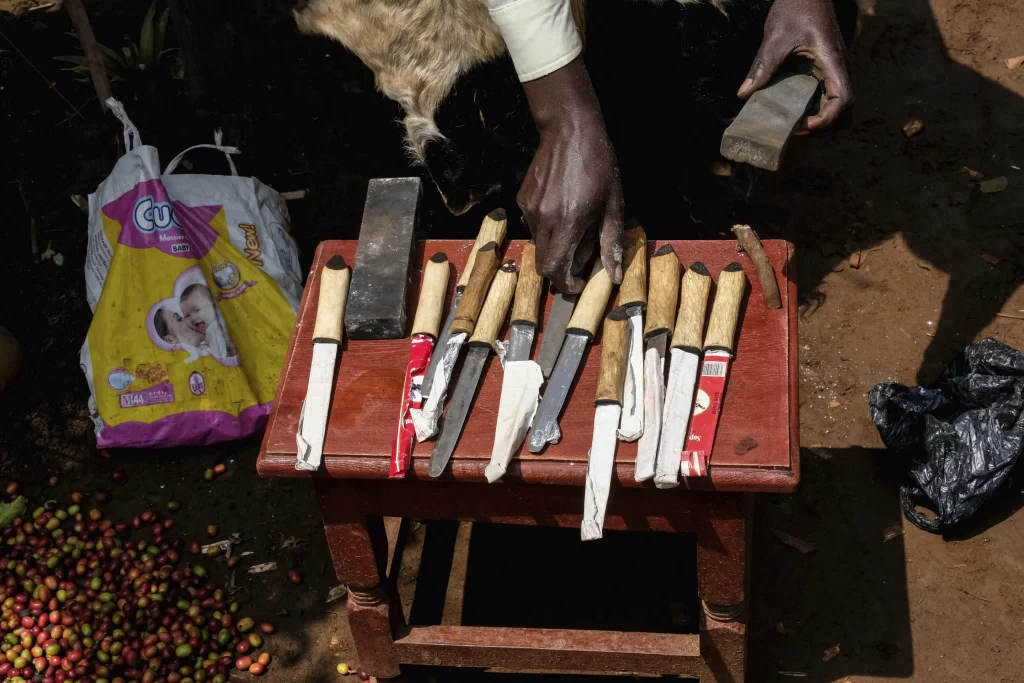
The streets buzzed with energy, yet beneath the surface, a heated debate was simmering about the very nature of this sacred ritual.
Imbalu, held every other year, involves the ritualized circumcision of thousands of boys as they transition into manhood. However, this year, controversy has arisen regarding the public presentation of the ceremony by the king, known as the Umukuuka.
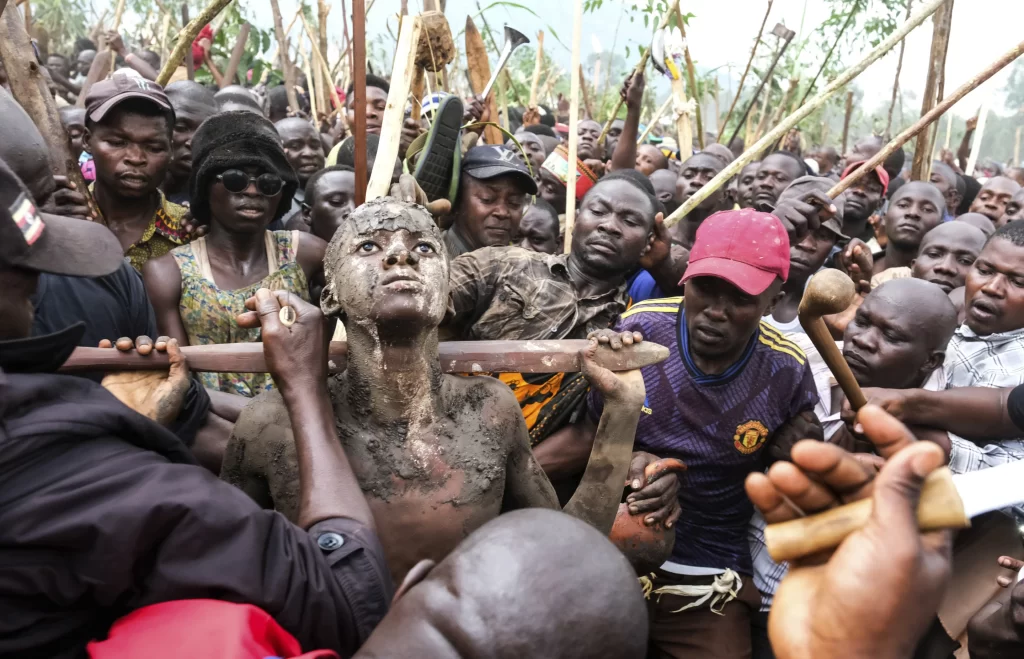
Some locals have questioned whether the event, which has historically been a private family affair, is being transformed into a spectacle for outsiders—turning a sacred tradition into a carnival-like event for the gaze of foreigners.
The Umukuuka, however, had clear intentions for the August 3 ceremonial inauguration in Mbale, where the event was to be held in a park.
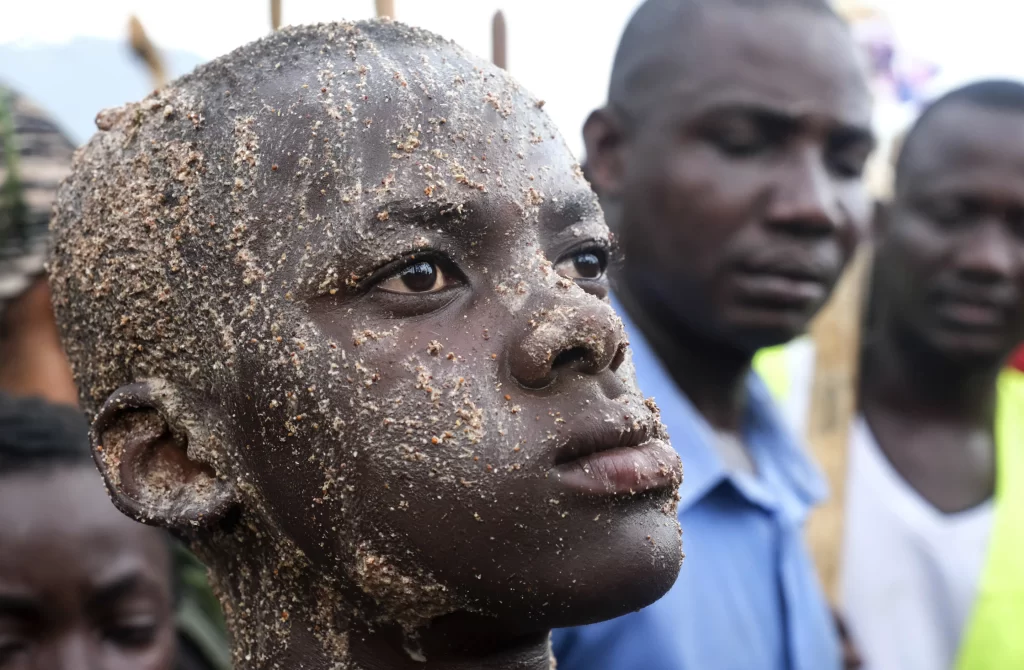
He advocated for a traditional festival that also had the potential to attract tourists, positioning Imbalu as a key cultural event that could draw international attention.
The organizers of Imbalu secured over $120,000 in financial support from both the Ugandan government and a corporate sponsor, underscoring the push to elevate the ceremony on a national stage.
In an interview with the Associated Press (AP), the Umukuuka defended his decision to modernize the ritual, aligning it with Uganda’s national development plan.
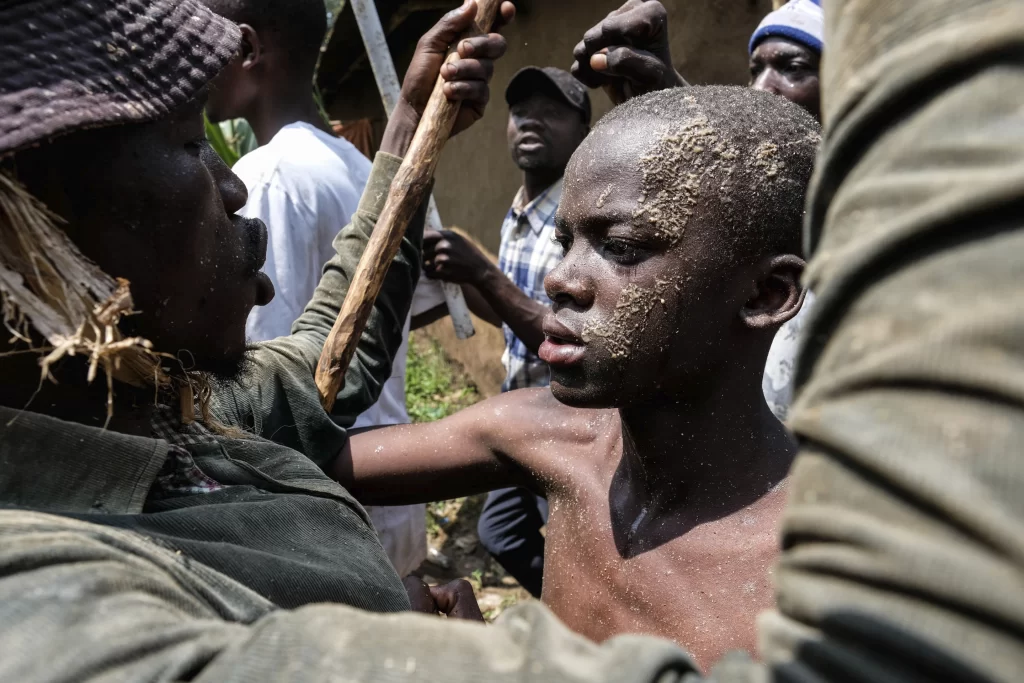
He acknowledged the challenges of organizing such a large-scale event in contemporary times but emphasized the need for cultural traditions to evolve with the population.
“Everything is changing as the population expands. People may not manage to follow the cultural processes,” he said, pointing to the economic hardships and modernization that he argued were diluting the communal aspect of Imbalu. “But we are keeping the ritual strong through the clan system that [Imbalu] remains intact.”
Despite these reassurances, the government’s involvement has sparked concerns among many Bamasaba people, who fear that the most important ceremony in their culture is being diluted and trivialized.
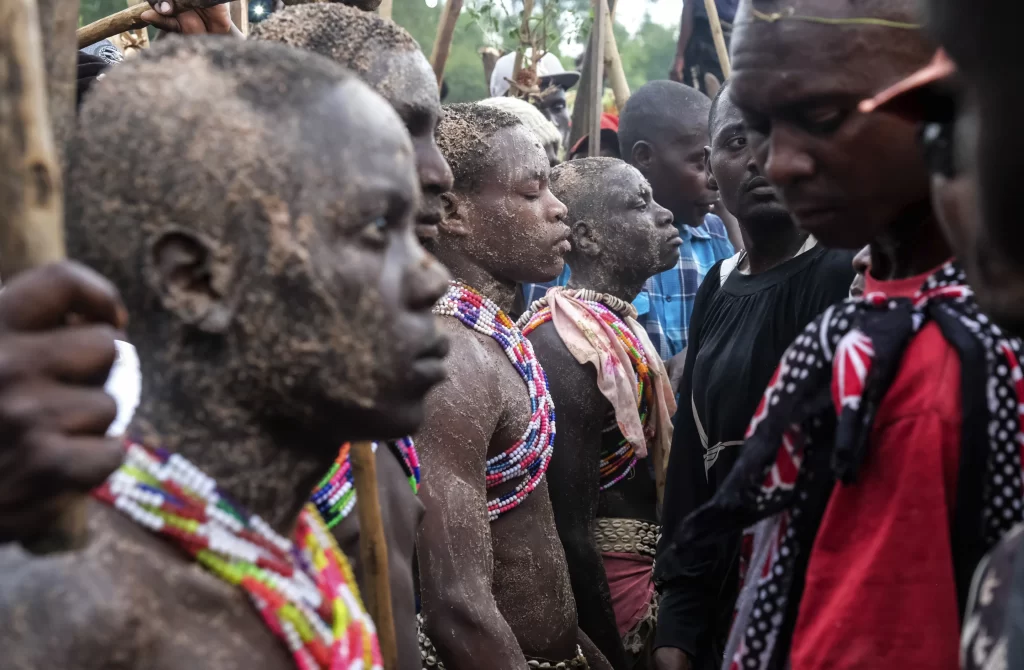
Some community members, particularly the elders, expressed discomfort with what they perceive as the commercialization of their sacred tradition.
They argued that the event, traditionally a moment of solemnity and personal significance, is being turned into a public spectacle that diminishes its cultural purity.
Swaka Waiswa, a respected elder in the community, voiced his concerns, saying, “We have had this ritual for generations, and it was always about the boy, his family, and the clan.
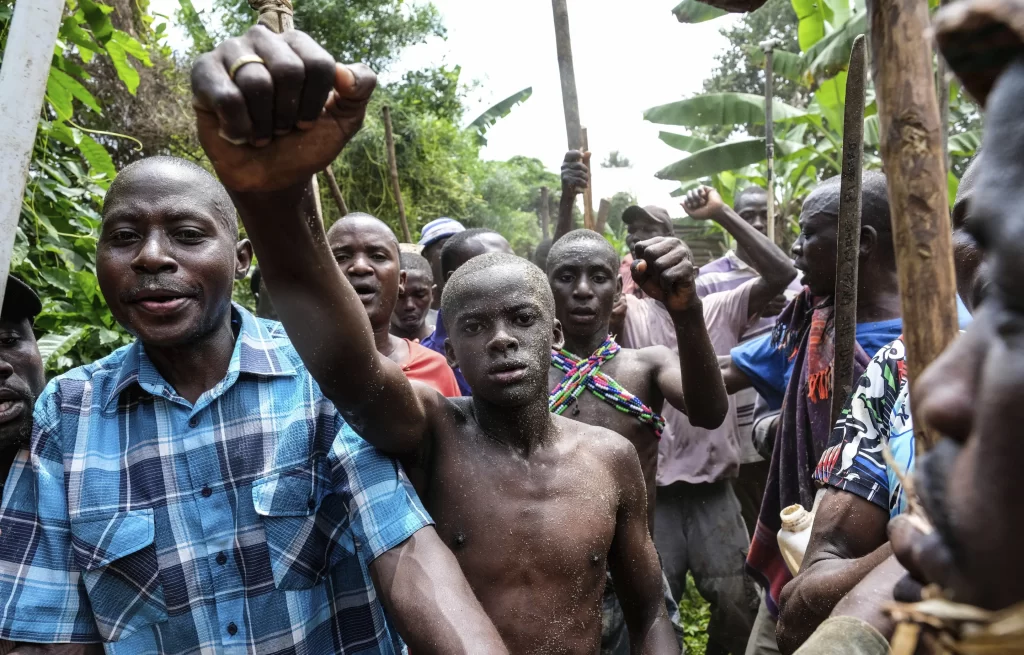
Now, it feels like it’s about the tourists and the cameras.” Waiswa, along with others, is worried that by turning Imbalu into a tourist attraction, the ceremony loses its essence and becomes disconnected from its spiritual and communal roots.
However, the Umukuuka remains steadfast in his belief that Imbalu can be both a sacred rite of passage and a cultural festival that brings economic benefits to the region.
“We are not abandoning our traditions,” he insisted. “We are simply adapting to the times, ensuring that Imbalu is celebrated in a way that honors our past while also looking to the future.”
As the August 3 ceremony approaches, the tension between maintaining the purity of tradition and embracing modernity continues to build, with the Bamasaba people caught in the middle of a debate that goes to the very heart of their cultural identity.


